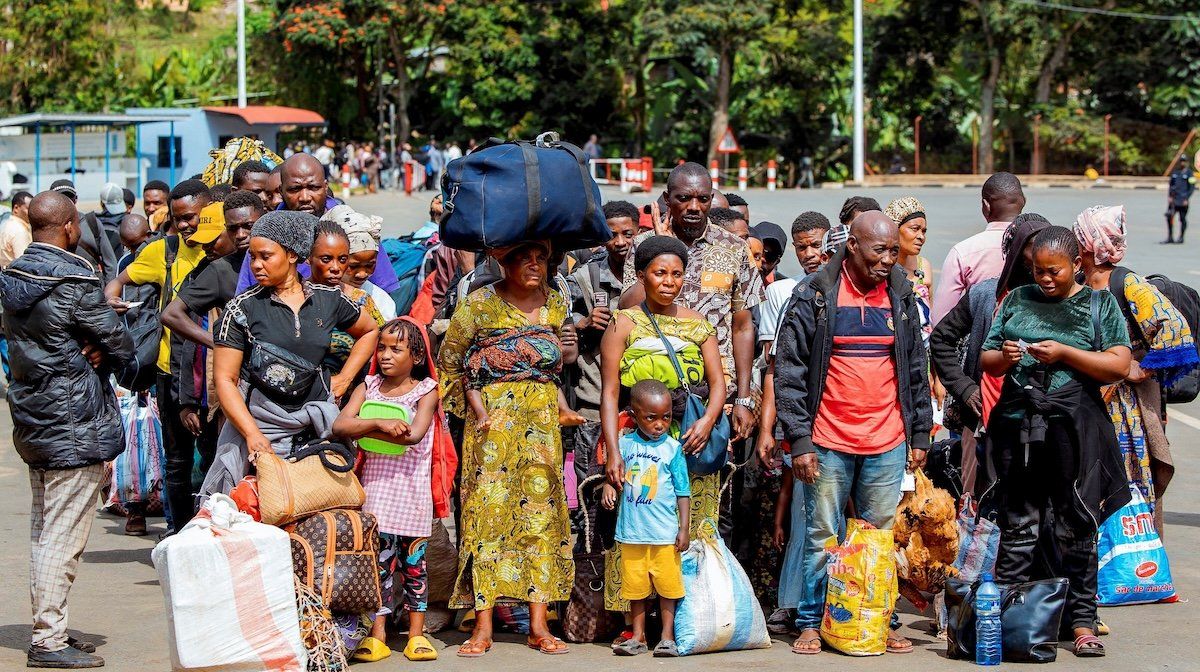Hard Numbers: Rebels advance in DRC, Yuge trade corridor, Tragic flooding strikes US, UN seeks billions for Sudan, Taliban visits Japan, Plane crashes in Toronto
350,000: M23 rebels are meeting little resistance in their advance on Bukavu in the eastern Democratic Republic of Congo, further challenging Kinshasa’s rule. This move comes after the Rwandan-backed rebels seized control of Goma late last month and just two days after the UN warned that unrest in the country has displaced 350,000 people.
600: Israel and India are working on a free trade agreement they hope to announce as early as 2025. Israeli and Indian business leaders held over 600 meetings in New Delhi last week, on cybersecurity, smart agriculture, renewable energy, digital health, and water technologies, AI, and big data. Meanwhile, US President Donald Trump continues to push for the rail and shipping corridor advocated by his predecessor, Joe Biden, to connect India to the Middle East, Europe, and the US, which he and Indian Prime Minister Narendra Modi call “one of the greatest trade routes in all of history.”
10: Severe flooding claimed the lives of at least 10 people in the United States over the weekend, including nine in Kentucky and one in Georgia. Storms walloped Kentucky, Georgia, Alabama, Mississippi, Tennessee, Virginia, West Virginia, and North Carolina, with Kentucky Gov. Andy Beshear saying that nearly 1,000 people had to be rescued.
6 billion: The United Nations announced on Monday that it wants to raise $6 billion for Sudan to help alleviate one of the world’s worst hunger crises caused by nearly two years of civil war between the Sudanese army and the paramilitary Rapid Support Forces. The need, the agency says, has increased 40% from last year’s appeal.
1: While Afghanistan’s Taliban government makes regular visits to countries close to home, such as Russia, China, and parts of Central Asia, this weekend it went further afield. The Taliban sent its first-ever delegation to Japan on Sunday to seek humanitarian support and to discuss establishing diplomatic ties with Japanese leaders. One Afghan leader said that the Taliban seeks “dignified interaction with the world for a strong, united, advanced, prosperous, developed Afghanistan.” Japan’s foreign ministry has not commented yet on the visit.
18: A Delta Airlines flight from Minneapolis crash-landed at Toronto's Pearson airport on Monday, injuring at least 18 people, three critically. The plane crashed and flipped upon landing at the airport, which is located just outside Toronto. All 80 passengers and crew are accounted for, and crews are on hand to investigate what happened.
